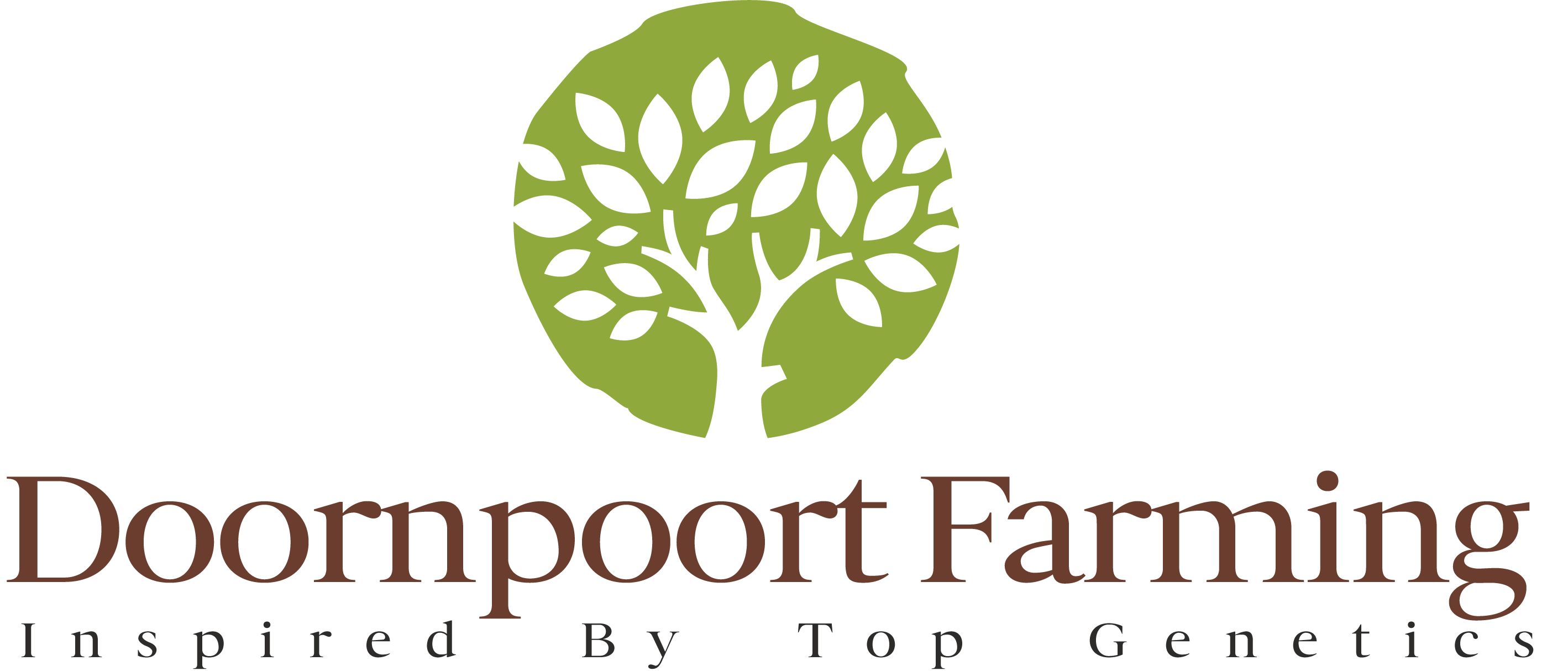Merino Sheep – Doornpoort Farming
About Merinos
Rank: Breed Higher Classification: Sheep Scientific Name: Ovis Aries
We regard Merinos as the keeper of some of the finest and softest wool of any sheep breed in the world.
South Africa was the first country outside of Europe to own Merinos.
The merino breed has a history that dates back to 1789. The Dutch Government donated 2 Spanish Merino Rams & 4 ewes on an experimental basis to Col. Jacob Gordan, the Cape military commander, at the time. These sheep were the property of the king of Spain, who held sole rights to the exportation of merinos. The kind had sent a few of his sheep as a gift to the House of Orange – they however, could not adjust to the cold weather and rainfall in the Netherlands, thus they were sent to Col. Gordan.
Gordan realized the possibilities these sheep held, and decided to keep the breed pure, grazing them on a company farm, Groenkloof, situated km from Cape Town.
By 1830, the Western and South Western Cape had established a fair wool sheep farming trait – later expanding to the East. In 1820, settlers played a crucial role in this expansion/development of the Merino sheep. During 1834 the start of the Great Trek, the Voortrekkers moved their flocks Northwards with them – withing a few years, the merino had spread throughout the country.
From 1891 they bring huge amounts of Merino sheep from the American Vermont type into South Africa. It was later found that the Australian, the Wanganella and the Peppin types were best suited to improve the South African flocks.
We breed Merino sheep for their excellent quality wool.
Characteristics – What Makes The Merino Special
Merinos are very adaptable and extremely good foragers. Their carcass size is smaller than that of sheep that of meat breeds. They are a large-framed breed with a fleece covered in pure white wool.
The breed is either polled or horned. Polled merinos have no horns or may have small stubs (scurs). Whilst the horned merino has long-spiral horns, which grow close to the head.
Merino Weight
Mature Merino rams hold an average live body weight of 80-105kg. A mature ewe holds an average live body weight of around 50-80kg

Merino Wool
The pure white wool of merinos is some of the finest and softest wool in the world. They produce excellent-quality wool, with a diameter of 21 to 23 microns. Merino ewes produce on average 3.4kg of wool, whilst rams produce 4.5kg of wool.
Merinos must be shorn at least once a yea due to the fact that their wool never stops growing – if neglected, the excess of wool can cause health issues such as heat stress, mobility problems and even blindness.
The term ‘merino’ is widely used in textile industries due to its exquisite properties such as:
- Its ability to absorb oder causing bacteria – trapping the smell and preventing it from building up.
- Merino wool is thinner and softer than regular wool, making it easy to wear next to skin.
- Wool fibred help regulate body temperature, transports sweat away (acts like a vector).
- The wool is biodegradable and fire-resistant
